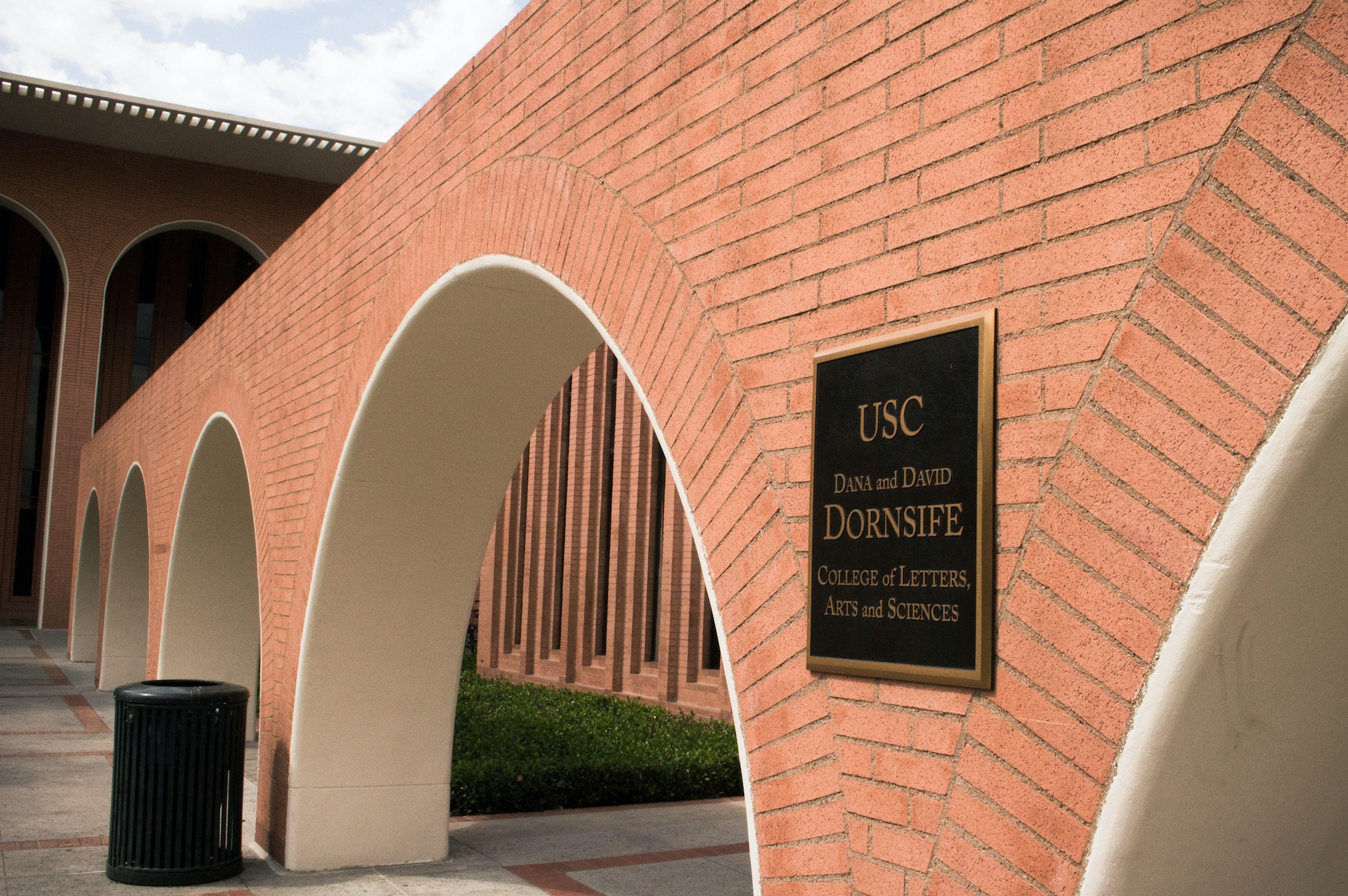Summer course highlights issues in global health

A Dornsife course titled “Global Governance and Health: From Global to Local, will be led by Institute for Global Health Associate Director Heather Wipfli, who also developed the curriculum. Photo by Riya Goel | Daily Trojan
The Dornsife College of Letters, Arts and Sciences will offer a new course in international relations that focuses on global governance and health in Summer 2018.
The course is part of the Problems Without Passports program, which utilizes problem-based learning strategies for students studying societal problems in a foreign country. The class, titled “Global Governance and Health: From Global to Local,” will allow undergraduate students to travel to Switzerland and Uganda in a three-week trip led by Heather Wipfli, associate director of the USC Institute for Global Health and the course’s developer.
“I’m always telling students they need to go to Uganda and they need to go to Switzerland, and they really need to have the experience of both programs, [so] the intention is to provide undergraduate students with these experiences in global health and specifically in global health governance,” Wipfli said.
For several years, Wipfli has taken her graduate students to Geneva, Switzerland for the World Health Assembly, where World Health Organization members discuss and finalize major health policy decisions. On a separate trip, Wipfli led other graduate students to Uganda to do more community-based learning and attend specialists’ briefings from government and health professional agencies to better understand the influence of these health initiatives on rural communities.
To give college students a better look at global health governance and its significant impact, Wipfli combined these two graduate-level courses into one undergraduate program where students can travel to both Switzerland and Uganda in one trip.
“The model of [the Problems Without Passports] courses allowed me to go ahead and think big [to] develop the comprehensive approach to the program,” Wipfli said. “Students will have the opportunity of being at the United Nations level to walking and experiencing very rural, basic health delivery all in one go.”
Wipfli said that the course is especially fitting for students majoring in global health and international relations, as well as those on pre-medical or pre-law tracks and want to witness health care on an international scope. According to Wipfli, many study abroad programs focused on health sciences mainly consist of clinical work. However, she hopes that the course will expose students to the diplomacy and negotiation aspects in health care.
“We discuss U.S. policy, and then we go to Geneva and see how the U.S. policies are discussed and presented, and then we go and see how their aid delivers on the ground,” Wipfli said. “You can see the president’s plan for African relief. You can follow it all the way from our local Congress through Geneva all the way down to Uganda.”
Alumna Sandra Najuna, who serves as a project coordinator for the USC Institute for Global Health, has worked alongside Wipfli on both trips to Switzerland and Uganda. She said that combining the two into one program provides not only a bigger picture of the implementation of global health but also a more holistic and comprehensive view of it.
“When you start at the World Health Assembly and see how plastic and almost boring the discussions are — everyone is just agreeing with the other countries — you can then filter it down to the ground and see how everything flows in a more positive way,” Najuna said. “You see how the World Health Assembly has almost nothing to do with what is on the ground.”
Through this course, Wipfli hopes students gain a greater sense of awareness and appreciation for the complexities of global health on the international level, especially the policy frameworks used to address health issues.
“I just hope that they come away with a true passion for the work and understand the overriding spirit and culture that permeates global health at all levels, like one of partnership, of collaboration, of humanity,” Wipfli said. “That’s something that is present at all levels, so I hope they come away with that.”
